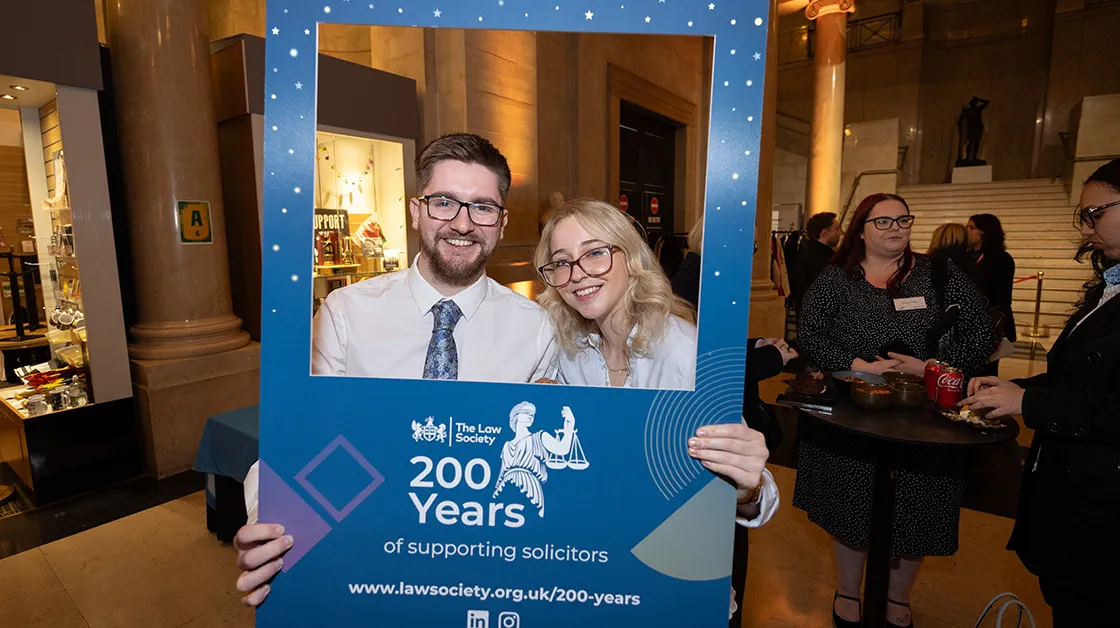In-house Network
Our In-house Network provides support and advice on key issues facing all in-house lawyers, working in the corporate and public sectors, not-for-profit organisations and charities.

In-house ethics framework
Help refine our in-house ethics framework: a suite of tools and resources to support you to balance your professional ethical obligations and your employers’ expectations.

All resources
- Becoming an in-house solicitor16 Nov 2023
- Cybersecurity for solicitors28 Aug 2019
- GDPR for solicitors01 Aug 2019
- In-house ethics framework resources07 May 2025
- In-house networks and groups14 May 2025
- Investigation and enforcement: what to expect from the SRA and SDT19 Mar 2024
- Pro bono guide for in-house solicitors28 Jan 2025
- Stress and mental health25 Oct 2022
- Supervision: good practice for remote supervision of junior staff and trainee solicitors29 Jul 2024
- The in-house solicitor and ethical organisational culture14 May 2025
- The role of the in-house solicitor14 May 2025
- Who is regulated under the Money Laundering Regulations 2017?17 Jun 2024
- Working effectively and ethically as an in-house solicitor14 May 2025
- Workplace harassment: guidance for employers18 Oct 2024
- Annual Statistics Report 201919 Oct 2020
- Annual statistics report 201807 Oct 2019
- Annual statistics report 2022: what does the solicitor profession look like?07 Dec 2023
- Annual statistics report 202323 Jan 2025
- The results are in: how do solicitors feel about their profession? 06 Apr 2023
- Can a company recover costs as a litigant in person?29 Oct 2024
- Can an in-house solicitor represent an employer in court?25 Nov 2024
- Can in-house solicitors conduct litigation on behalf of employers?11 Nov 2024
- I work in-house and feel excluded by my organisation. What support is available?21 May 2025
- Is there guidance on professional undertakings when working in-house?16 Apr 2025
- Economic Crime and Corporate Transparency Act12 Feb 2025
- In-house ethics framework consultation14 May 2025


Celebrating 200 years of supporting solicitors
Connect with your diverse community, explore our rich history and help shape the next 200 years.


Tired of searching for relevant and reliable precedents and commentary?
Save time and resources by letting our expert library team find the most appropriate precedents and guidance for your requirements with our remote enquiry service.






